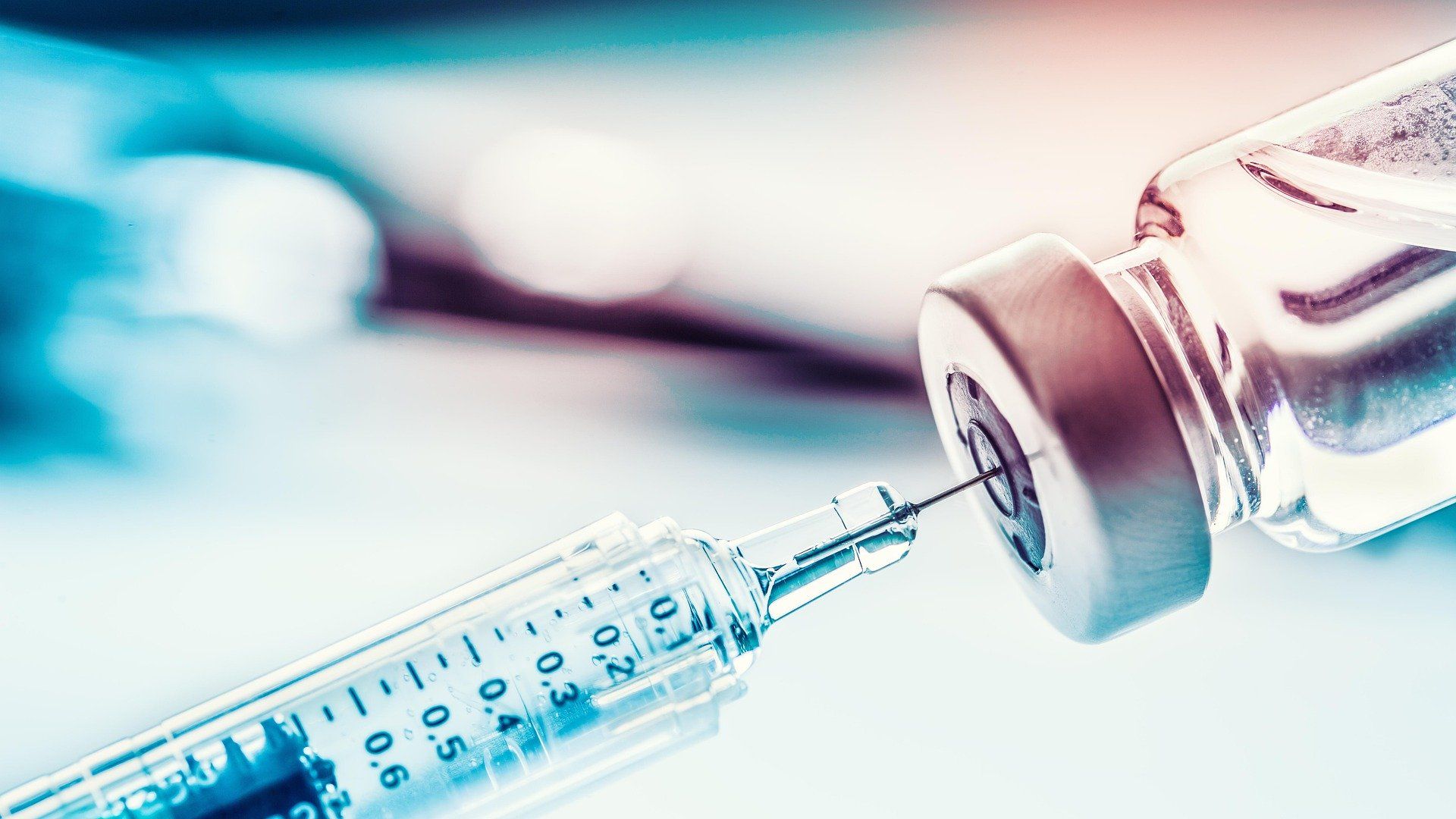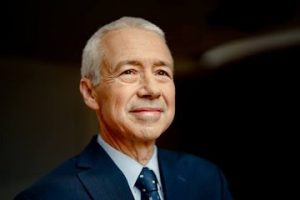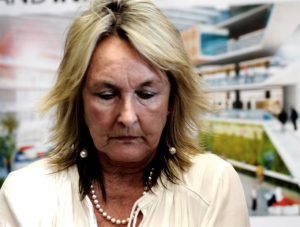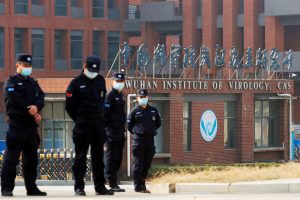After putting a halt to the Oxford-AstraZeneca vaccine, South Africa will start the COVID-19 immunisation campaign with Johnson & Johnson vaccines, Health Minister Zweli Mkhize said on Wednesday.
South Africa, the worst-hit nation by the pandemic in Africa, ceased the process of the vaccine rollout that was meant to begin with Oxford-AstraZeneca this week, after scientists discovered the shot could not prevent mild and moderate illness caused by a local virus variant named 501Y.V2.
“Given the outcomes of the efficacy studies…, (government) will continue with the planned phase one vaccination using the Johnson & Johnson vaccines instead of the AstraZeneca vaccine,” said the Health Minister Zweli Mkhize.
Read More | Prince Charles, wife Camilla get their first dose of COVID-19 vaccine
“The Johnson & Johnson vaccine has been proven effective against the 501Y.V2 variant,” he further said.
He did not mention when immunisation programme would begin.
As of today, South Africa has ordered nine million doses of the Johnson & Johnson vaccines, of which a small shipment is anticipated to arrive next week.
However, the first consignment will likely to be used as “research stock, said Mkhize.
South African pharmaceutical giant Aspen, a contracted Johnson & Johnson vaccine manufacturer, is aiming to produce its first doses next month.
Read More | Europe’s race to COVID-19 vaccine manufacture must speed up to science: EU chief
“They are very determined to fast-track this production in South Africa,” said the Health minister.
He added that the stock would then be available in April.
The country was gradually moving towards global vaccine scramble and only received its first jabs on February 1.
Its vaccination delay has set back a challenging aim to administer nearly 40 million people (67% of the population) by the end of 2021.
The one million AstraZeneca shots were produced by the Serum Institute of India, from which an additional 500,000 doses have been procured.
South Africa is considering either selling or swapping these doses with countries confronting the original strain of coronavirus, said the minister, emphasising that nothing would go in vain.
Meanwhile, scientists have suggested inoculating some of the Oxford/AstraZeneca vaccine to numerous thousand people in South Africa to see if it can still prevent severe infection from the new variant.
Additional vaccines are being secured from US drugmaker Pfizer, and through the World Health Organisation-backed Covax facility and the African Union.
South Africa is emerging from a second wave of coronavirus infections largely caused by its virus variant, believed to be more transmissible than the original form.
The country has reported close to 1.5 million cases and more than 46,800 deaths.







